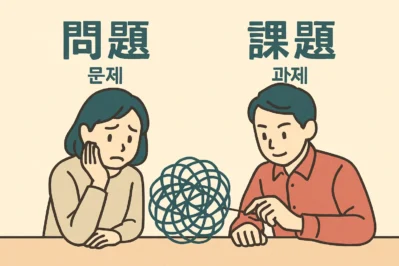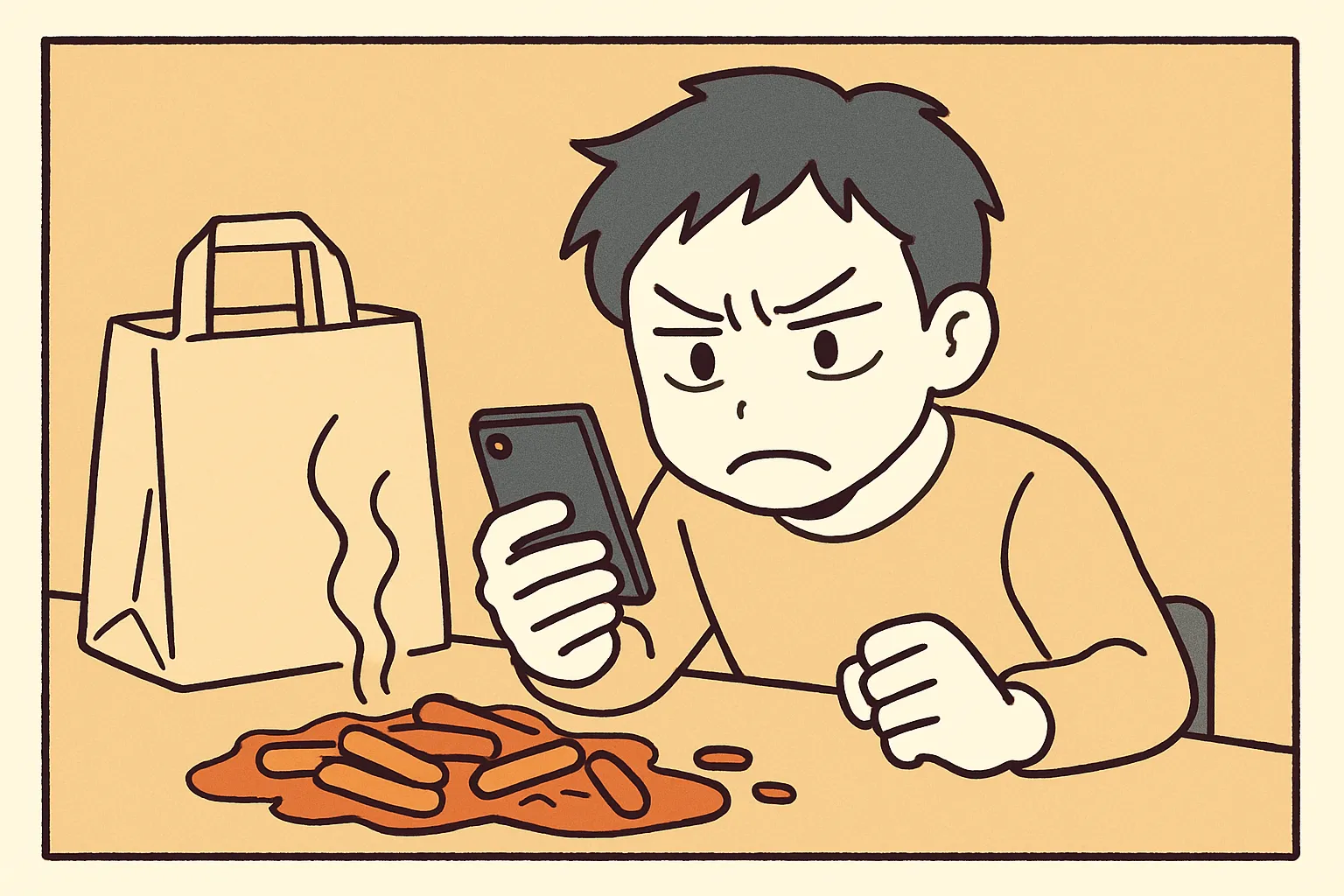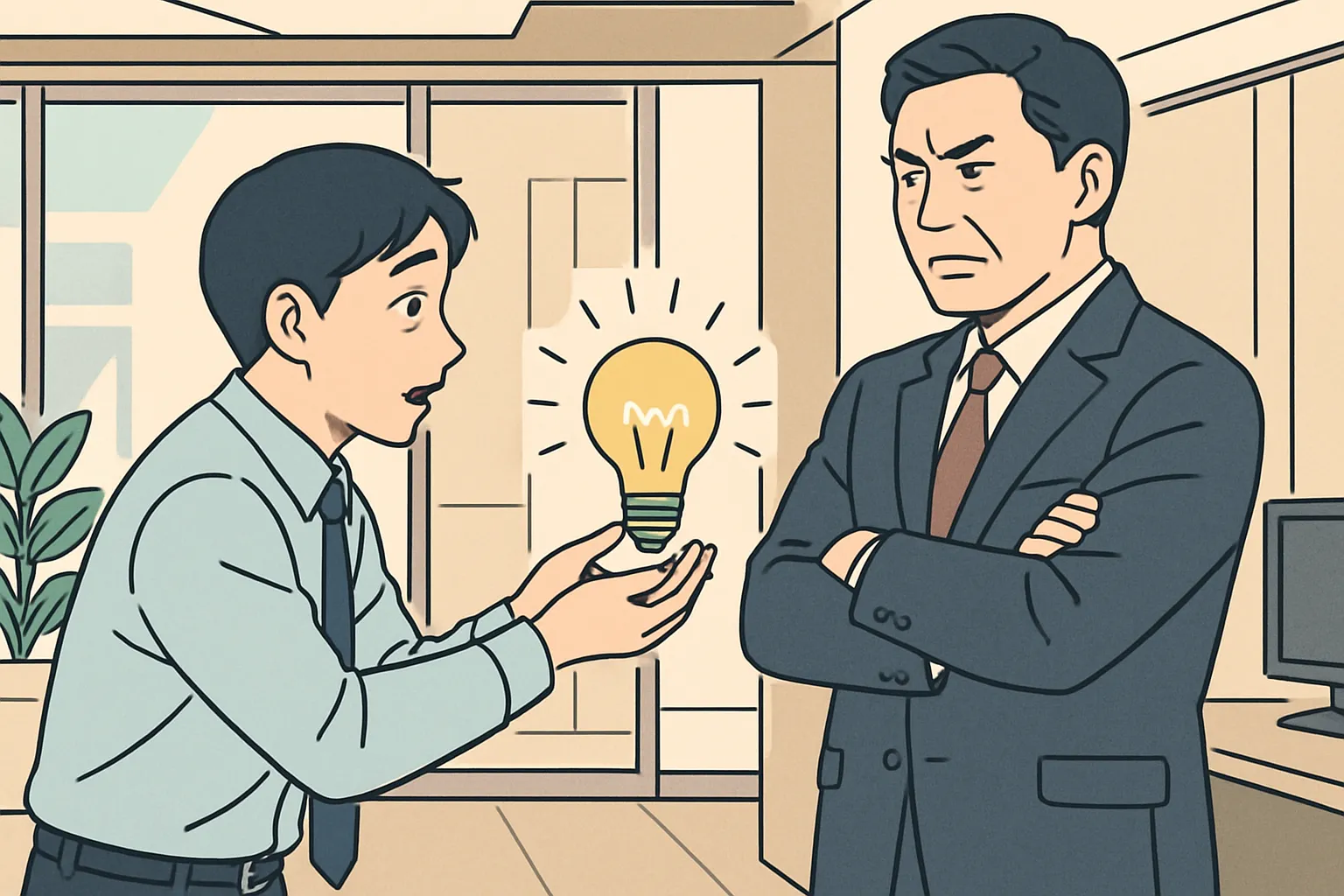Beyond the Dictionary: The Art of Persuasive Word Choice in Korean
Hello! Welcome back to Maeil Hangul, the place to be to upgrade your Korean fluency!
Today, we’re moving beyond simple vocabulary and grammar into the sophisticated realm of rhetoric. We’ll explore how choosing one word over another—even if they have similar dictionary definitions—can completely change the tone, implication, and persuasive power of your message. This is a C2-level skill that will make you sound incredibly fluent and insightful in debates, professional settings, and everyday conversations.
Lately in Korea, public discourse is heating up over major urban redevelopment projects. On the news, you’ll hear one side passionately advocating for ‘도시 재생’ (urban regeneration), painting a picture of progress and vitality. At the same time, another group will be protesting ‘젠트리피케이션’ (gentrification), highlighting the displacement of long-time residents. They are talking about the same phenomenon, but their word choice creates two completely different realities. This is the power of language we’ll be mastering today!
Core Expressions: The Subtle Art of Framing
Let’s look at some word pairs that carry different emotional weights or “connotations.”
1. Assertive vs. Stubborn
- Korean Expression: 주장이 강하다 (Positive/Neutral) vs. 고집이 세다 (Negative)
- Pronunciation: [ju-jang-i gang-ha-da] vs. [go-jib-i se-da]
- English Meaning: To be assertive / To be stubborn
- Detailed Explanation: Both expressions describe someone with strong opinions. However, 주장이 강하다 has a neutral-to-positive connotation. It suggests a person is confident, principled, and clear in their convictions—often a desirable trait in a leader or expert. On the other hand, 고집이 세다 is distinctly negative. It implies someone is obstinate, inflexible, and unwilling to listen to reason or compromise. You would praise a colleague by saying they are
주장이 강하다, but you would complain about them being고집이 세다.
2. Problem vs. Challenge
- Korean Expression: 문제 (Negative/Neutral) vs. 과제 (Neutral/Positive)
- Pronunciation: [mun-je] vs. [gwa-je]
- English Meaning: Problem / Task, challenge, assignment
- Detailed Explanation: 문제 is the most common word for “problem,” and it can often sound like a roadblock or a source of trouble. 과제, while also meaning “assignment” (like for school), is used rhetorically to frame a difficulty as a challenge to be overcome or a task to be completed. Business leaders and politicians love using
과제. Instead of saying “우리 사회는 심각한 문제가 있습니다” (Our society has a serious problem), they might say “우리 사회가 해결해야 할 중요한 과제입니다” (This is an important challenge our society must solve). It sounds more proactive and solution-oriented.
3. Change vs. Reform
- Korean Expression: 변화 (Neutral) vs. 개혁 (Positive)
- Pronunciation: [byeon-hwa] vs. [gae-hyeok]
- English Meaning: Change / Reform
- Detailed Explanation: 변화 is a neutral term for any kind of change, big or small, good or bad. 개혁, however, is a powerful and value-laden word. It implies a fundamental, systematic, and positive restructuring to fix a deeply flawed system. It’s used in the context of major political, social, or corporate movements. Calling something a
개혁suggests moral necessity and a bold step towards a better future, while변화could just mean a minor adjustment.
Example Dialogue in Action
Let’s see how these nuances play out in a conversation between two colleagues, Min-jun and Soo-jin, discussing their new team leader.
A (민준): 새로 오신 팀장님은 이번 프로젝트에 대해 주장이 강하신 편이라 설득하기 쉽지 않겠어요.
(Min-jun: The new team leader is quite assertive about this project, so it won’t be easy to persuade him.)
B (수진): 네, 어떤 사람들은 그를 고집이 세다고 하지만, 저는 그저 확신이 있는 거라고 생각해요. 덕분에 우리가 해결해야 할 과제가 명확해지는 거죠.
(Soo-jin: Yes, some might say he’s stubborn, but I just think he’s confident. It clarifies the challenges we need to solve.)
A (민준): 맞아요. 마치 요즘 뉴스에서 나오는 ‘도시 재생‘과 ‘젠트리피케이션’ 논쟁 같아요. 단어 하나로 느낌이 확 다르잖아요.
(Min-jun: Exactly. It’s like the ‘urban regeneration‘ vs. ‘gentrification’ debate in the news these days. One word completely changes the feeling.)
B (수진): 정확해요. 이번 프로젝트를 단순한 변화가 아니라 우리 팀의 긍정적인 개혁으로 포장해서 보고하는 게 중요하겠네요.
(Soo-jin: Precisely. It’ll be important to frame this project not as a mere change, but as a positive reform for our team when we report on it.)
Culture Tip: Decoding the Korean Media
As we touched on, the urban development debate is a perfect real-world example of rhetorical framing. When you watch Korean news or read opinion columns (사설), pay close attention to this.
- Proponents of a project will almost exclusively use positively-charged Sino-Korean words like 재생 (rebirth, regeneration), 활성화 (vitalization), and 미래 지향적 (future-oriented) to build public support.
- Opponents, in contrast, will use words with strong negative connotations like 난개발 (reckless development), 투기 (speculation), and 원주민 축출 (displacement of original residents) to highlight the social costs.
By recognizing these patterns, you can not only understand the surface-level meaning but also analyze the speaker’s intent and persuasive strategy. This is the hallmark of a truly advanced learner!
Let’s Wrap Up & Practice!
Today, we saw that word choice is not just about accuracy, but about intention. Selecting between 문제 and 과제, or 변화 and 개혁, allows you to shape your listener’s perception and present your arguments more effectively.
Now it’s your turn to be the persuader!
- Fill in the blank: The new CEO’s plan was praised as a bold ___________ that would save the company from bankruptcy. (변화 / 개혁)
- Sentence Crafting: Think of a public figure you admire. Describe their strong convictions using the positive expression we learned today.
Leave your answers in the comments below! We’d love to see you put this powerful rhetorical skill into practice. Keep up the fantastic work






